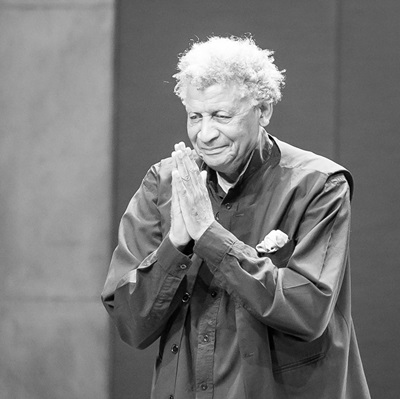Bobby Hutcherson, the most eminent postbop jazz vibraphonist who helped define the sound of Blue Note Records during the 1960’s and 70’s, has died. Described by contemporary vibes player Stefon Harris as “by far the most harmonically advanced person to ever play the vibraphone,” his career included the release of more than 40 albums as leader, and as a prominent sideman on many great records, including Eric Dolphy’s classic Out to Lunch and Jackie McLean’s One Step Beyond. I saw him many years ago at Kimball’s in Oakland (long since shuttered), an exciting set that, if memory serves, included Harold Land on tenor saxophone. He played with Dolphy, McLean, Andrew Hill, Freddie Hubbard, Dexter Gordon (who he appeared with in the film ‘Round Midnight), McCoy Tyner, Herbie Hancock, Joe Henderson, Lee Morgan, Blue Mitchell, Charles Lloyd…and on and on and on. He was an amazing contributor to the music and its spirit.
To read Nate Chinen’s New York Times obituary of Hutcherson, click here
Read his Wikipedia page by clicking here
Check out Hutcherson playing on Dolphy’s “Out to Lunch”
Playing “Moments Notice” with McCoy Tyner
With Harold Land












































Dear Jerry,
I was also at Bobby’s cocert in Kimball’s East. I was very impressed with the whole set. I also remember the drummer, a young person with long hair with dreadlocks. His playing was impeccable! Can you remember his name? I would love to know what he has been up to.
Let me know. Thanks much!